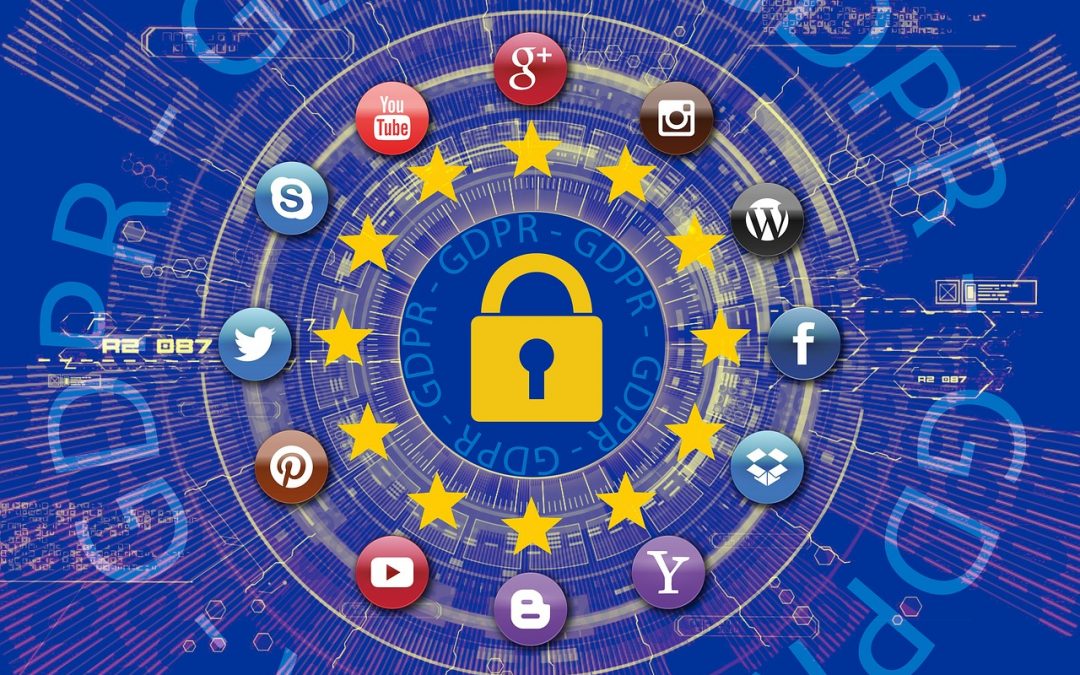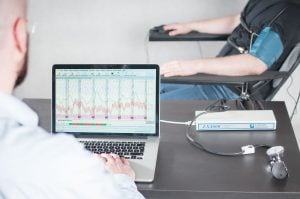Proposed European Privacy Regulation (EPR) laws put forward by the EC (European Commission) have caused controversy among tech companies, child protection charities and governments. They have accused the European Union of impairing efforts to stop online child sex abuse. This new legislation will afford paedophiles’ online privacy.
Infringement of Paedophile Rights!
Currently tech companies are able to locate paedophiliac images and thereafter report them to police. Using PhotoDNA technology search engines and social media platforms are able identify and delete illegally shared child sex abuse images.
However, if the new legislation is passed, they will no longer be able to do this since it would be an infringement of paedophiles’ privacy rights.
Child protection charities outraged
The CHIS (Children’s Charities Coalition on Internet Safety) has written to the European Union expressing concern on behalf of the child welfare charities they represent. These include the National Society for the Protection of Children (NSPCC) and Barnardos. Much of the CHIS work concerns internet safety across a broad range of devices. The organisation demands that the European Union modifies the proposed laws so that online strategies, such as PhotoDNA, to protect children can carry on.
Anything that restricts the capacity of tech firms to continue their work in the protection of children online cannot be sensible. John Carr from CHIS stated that there shouldn’t be any doubt regarding the matter.
Currently a number of police forces in the UK use polygraph technology to monitor paedophile behaviour when released on probation from prison. Restrictions are placed on them, one of which is usually that they must not access the internet. It is compulsory for them to take periodic lie detector tests.
PhotoDNA technology prevents online child sex abuse
The strategies employed by tech companies are working, evidenced by over 20 million images having been removed since PhotoDNA became available. Between watchdogs in the United States and the IWF (Internet Watchdog Foundation) in Britain this work continues. The IWF believes its work is essential in locating and removing “criminally” obscene images from the internet.
Under UK data protection law certain exemptions exist in terms of internet users’ privacy rights including those who criminally post and share online child sex abuse images. PhotoDNA is highly effective in tracing and tracking these images by creating ‘fingerprints’ over the whole of the web.
At Lie Detector Test UK we support any action that reduces paedophiliac activity on the internet. The European Union should consider the concerns of all those involved in online investigations of such activity.
There is nothing that should take precedence over the protection of our children whether on the internet or elsewhere. And to use a common expression – why change the wheel if it is working?
What do you think?


